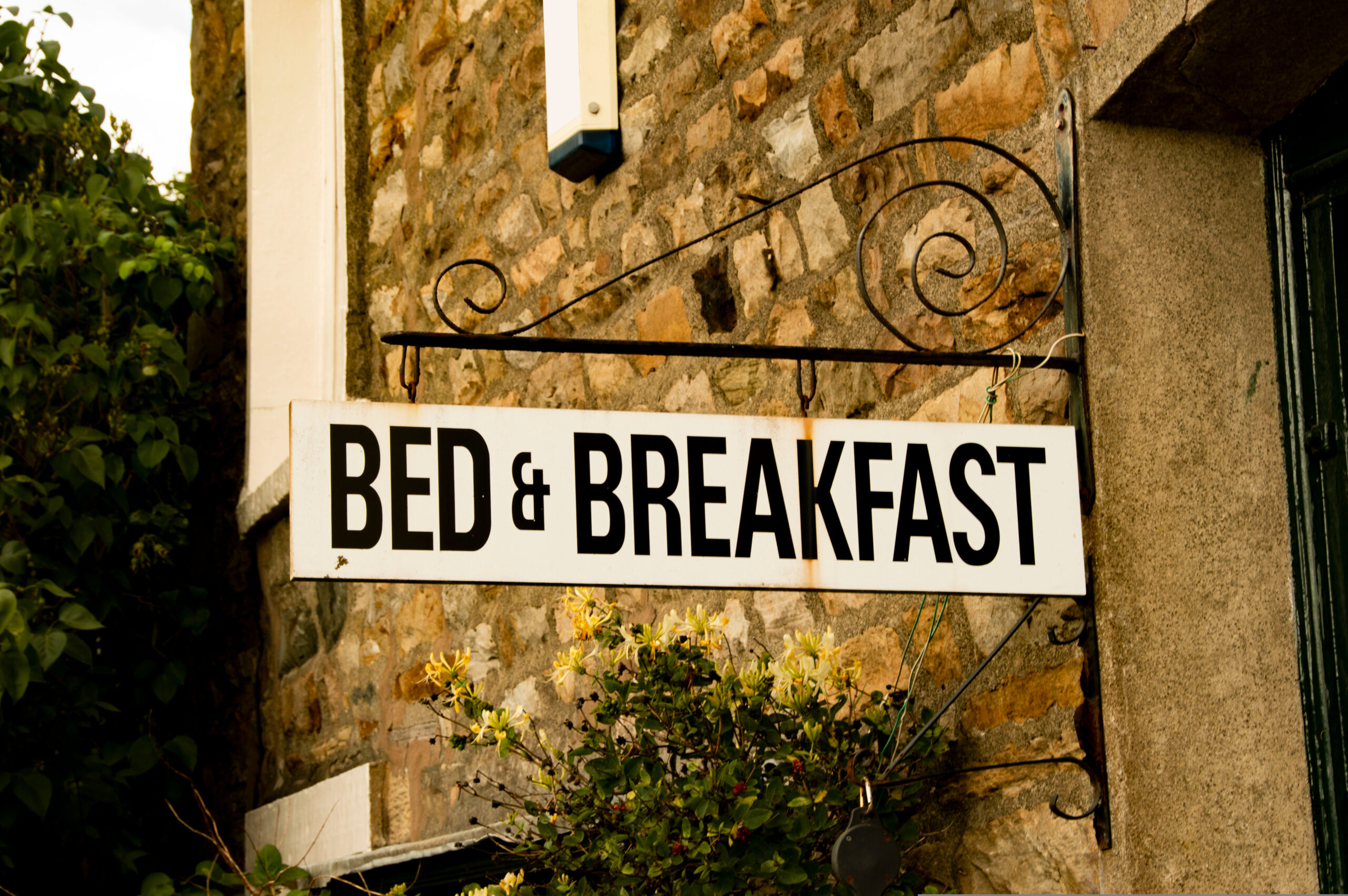
Children in Scotland who are homeless or seeking asylum must not be housed in unsuitable accommodation such as hotels, hostels, B&Bs, cruise ships or barges because their human rights may be violated, according to a new report by Scotland’s Children’s Commissioner.
According to the commissioner, although the UK government has recently announced that some hotels will be closed, this is because many refugees and asylum seekers are being required to share rooms, or being moved into other similar forms of accommodation such as barges or camps.
The office of the Children and Young People’s Commissioner Scotland’s new report – “Sometimes I Feel Like I am in Prison – Placing Children in Hotel-type Accommodation” – makes a range of recommendations to support local authorities, asylum accommodation providers, and frontline workers to minimise and mitigate the harm caused to children by these environments.
Nicola Killean, Children and Young People’s Commissioner Scotland, said: “Our starting point is always that no child should have to live in a hotel, or hotel-type accommodation – they are totally unsuitable and violate a wide range of children’s rights.
“Hotels are not a luxury option. They can be dangerous, exacerbate trauma and cause long-term harm to health and development. Our report recommendations are for public authorities and accommodation providers to follow to ensure that they comply with their human rights duties to children. The recommendations can also support front-line workers to advocate for children.
“Risk assessments and children’s rights impact assessments must be done when placing children as well as for all children currently in hotel-type accommodation to help minimise the negative impacts. The child’s rights to safety, health, education, development and many more must be taken into account.
“Human rights are universal. They apply to all children without exception, whether a child is born here or moves here. The right to an adequate standard of living is much greater than simply having a roof over your head – it’s somewhere to live in security, peace, and dignity.”
One young person housed in a hotel said: “Sometimes I feel like I am in prison. I do not know anywhere around me, sometimes I take a walk to ease the tension as there are no other young people in the hotel that I can talk to.”
A teenager who spent months in one room in a guest house with her parents said: “What saddens me was when I saw young children wandering around with no one to play with or no where to play. There was no play area, just a tiny place outside with a few benches and the adult males were always smoking there.
“We had to share a toilet and shower. I had to share one room with my parents, all three of us in the same tiny room. Imagine that as a teenager for over two months.”
Another said: “I did not have my own room; I did not see other children. I was very lonely and scared.”
Yvonne Blake, co-founder of Migrants Organising for Rights and Empowerment (MORE), said: “The welfare and rights of children is not political ping-pong. Scotland should work to eradicate child poverty by providing an environment for all children and young people to have healthy childhoods and maximise their potential.
“Too many asylum-seeking children and young people can only dream of a better Scotland which they can call home. At the moment, their experience is filled with retraumatisation and discrimination.
“Hotel-style accommodation will always be wholly inappropriate, discriminatory, and unsuitable for children and young people.”
The report’s recommendations include:
- Children should not be placed in hotel-type accommodation. Where absolutely unavoidable, hotel-type accommodation for children must only be used as a last resort, for the shortest time possible, and in line with international and domestic law obligations.
- Public authorities and accommodation providers must do risk assessments and children’s rights impact assessments. These should include whether or not rooms are child proofed, the availability of age-appropriate sleeping spaces away from hazards, accessibility and safety. It should also include risks presented by adults and the level of supervision and support provided by professionals.
- Accommodation must meet the necessary standards to provide a child with an adequate standard of living, taking into account their rights to education, play, health, privacy, family life, safety and development.
***
To help find solutions to the temporary accommodation crisis, HQN has put together an event to explore ways that local authorities, housing associations and the NHS are working in partnership to address the situation in different parts of the country. The session, scheduled for 6 December, will see Keith Cooper joined by Sam Pratt, SharedHealth Foundation, Rob McCartney, Manchester City Council, Jon Pritchard, Southern Health NHS Foundation Trust, and Signe Gosmann, Justlife Foundation.
To find out more and book your place, click here.





